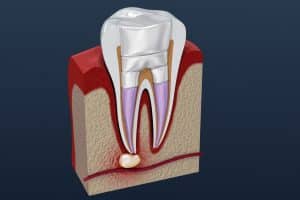
How Much is a Dental Check-up in Calgary?
Visiting the dentist is nowhere near the same experience it was in the past. Nowadays, it seems out of place to “fear” going to the
Blogs

Visiting the dentist is nowhere near the same experience it was in the past. Nowadays, it seems out of place to “fear” going to the

A root canal is the name of a procedure wherein the centre of your tooth is hollowed out and replaced with a solid substitute. This

Our teeth are an essential part of our lives, and taking care of them is a regular part of a healthy routine. However, when we
For Inquiries &
Over the Phone Bookings
Email Us
Patient privacy is protected at our office